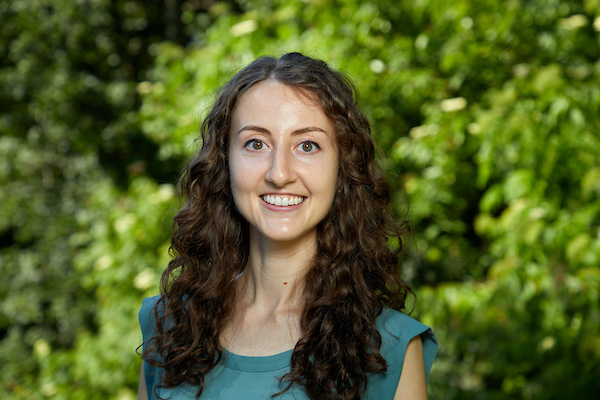Page 32 • (1,975 results in 0.028 seconds)
-
FERPA Authorization to Release Educational Records (link) view page This form is used to ensure a student's informed written consent before completing a recommendation letter or inquiry form that is based on information contained in his/her educational record.
-
FERPA Authorization to Release Educational Records (link) view page This form is used to ensure a student's informed written consent before completing a recommendation letter or inquiry form that is based on information contained in his/her educational record.
-
FERPA Authorization to Release Educational Records (link) view page This form is used to ensure a student's informed written consent before completing a recommendation letter or inquiry form that is based on information contained in his/her educational record.
-
Post Masters – non-ARNP-seeking DNP Family Nurse Practitioner Curriculum Effective 2023-2026 Total credit hours: 80 (actual coursework based on gap analysis) Program length: Depends on gap analysis for acceptable transfer-in credits (if any) Program start: Fall (depends on gap analysis) Class schedule: For the most part, classes are held 1-2 days each week. Class schedule changes every term, your classes may fall on a different day for other terms. There may be more days for courses in the
-
Post Masters – non-ARNP-seeking DNP Psychiatric Mental Health Effective 2023-2026 Total credit hours: 90 (actual coursework based on gap analysis) Program length: Depends on gap analysis for acceptable transfer-in credits (if any) Program start: Summer or Fall (depends on gap analysis) Class schedule: For the most part, classes are held on one evening and one full day each week. Class schedule changes every term, your classes may fall on a different day for other terms. There may be a few
-
year. (4) ENGL 506 : Summer Residency III 16 hours of required workshops, 20 additional hours of lectures and mini-courses (topics in genre/topics in craft), readings. Design an independent course of study with a mentor for the upcoming year. (4) ENGL 507 : Summer Residency IV Teaching a class based on critical paper or outside experience. Public reading from creative thesis. Participation in workshops and classes. Graduation. (4) ENGL 511 : Writing Mentorship I One-on-one correspondence with a
-
of the great literatures of the world, from Anglo-Saxon origins to post-modern rebellions: for example, identity, society, and God; love and desire; industry, science, and culture. (4) ENGL 275 : Literary Passages: An Introduction to Literatures in English An introduction to literatures in English from around the globe, focusing on the imaginative, critical, and social power of reading and literary study. This theme-based course is centered around an in-depth study of one of Shakespeare's plays
-
student term-based record as ST: followed by the specific title designated by the academic unit. (1 to 4) CSCI 288 : Special Topics in Computer Science To provide undergraduate students with new, one-time, and developing courses not yet available in the regular curriculum. The title will be listed on the student term-based record as ST: followed by the specific title designated by the academic unit. (1 to 4) CSCI 289 : Special Topics in Computer Science To provide undergraduate students with new, one
-

includes overseeing broad-based multichannel fundraising campaigns, donor engagement, and the development of a digital-first mid-level giving program. Biography Miranda grew up in the Pacific Northwest and enjoys spending time outside, connecting with friends and family, and playing new board games. Her professional background is focused on fundraising at community-based organizations and contributing toward education access opportunities. Miranda has a passion for powerful storytelling, effective
Area of Emphasis/Expertise -
Mission and Philosophy of the Social Work ProgramMission: “Educating caring, skillful generalists to be ethical agents for global and local change.” The Pacific Lutheran University Department of Social Work is dedicated to educating individuals for social work practice with individuals, families, households, groups, communities and organizations within a generalist framework that is based on a philosophy of social justice, egalitarianism, pluralism, and compassion for the oppressed. The
Do you have any feedback for us? If so, feel free to use our Feedback Form.


